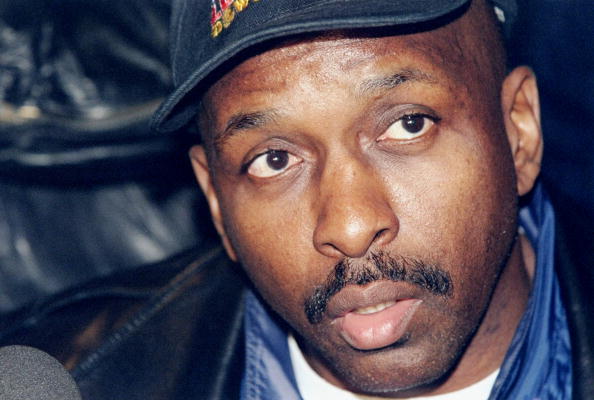The health of retired players in professional sports have come to the forefront in recent years. The NFL’s concussion issue has garnered great media attention and is even the focus of a major motion picture starting Will Smith. But, other sports are starting to take the long-term health of retired players seriously as well.
One such sport appears to be basketball, as the National Basketball Players Association (NBPA) undertook the first ever heart screenings for retired players this past weekend. According to the ESPN report, 25 ex-players took part in the first clinic of this nature.
Why heart screenings though? High profile deaths to stars like Moses Malone and Darryl Dawkins due to heart-related issues gave this a whole new sense of urgency.
There was also a huge alarm sounded about the age of some of the most recent deaths, as Malone was 60. Dawkins was 58. Caldwell Jones, who died last year, was 64. Other recent deaths of former players include Jack Haley, 51, and Anthony Mason, 48.
Something was going on and to their credit, the NBPA decided to take action to at least begin to figure out how to help others avoid the same fate in the future.
In July, the NBPA took action and set up this clinic. Former players could come in and get a full battery of heart-related tests.
“Physicians met with the retired players to discuss their medical history, test blood pressure, administer EKGs to check the heart’s electrical activity, perform an echocardiogram to check the structure of the heart, scan carotids to look for plaque buildup in the arteries, check for sleep apnea and draw blood. The retired players also received attachments for their cellphones that can perform EKGs and send the results to cardiologists.”
The 25 players who participated also gave the doctors the information they need to further study the effects of playing the game and retired life after it.
According to the ESPN.com report, there was good information gained and clearly something to study going forward for these doctors.
“Even in this small sample of patients that we’ve done, we’ve been able to get some abnormalities,” said Dr. Manuel Reyes, a cardiologist with Houston Cardiovascular Associates at the Houston Medical Center. “A couple of incidents with decreased heart function, weakened left ventricle, which is the main chamber of the heart.”
It was the first real look in to the trends and issues present in retired NBA players, and something that was badly needed. Further studies may be done, but a vote in February will decide that, along with supplementing health insurance costs for retired players.
Gaining the information, good or bad, is a huge step in the right direction for former players. What happens next will also be crucial, as research and a broader study can help doctors determine how to help avoid deaths at a young age when they can be prevented.
[ESPN]







